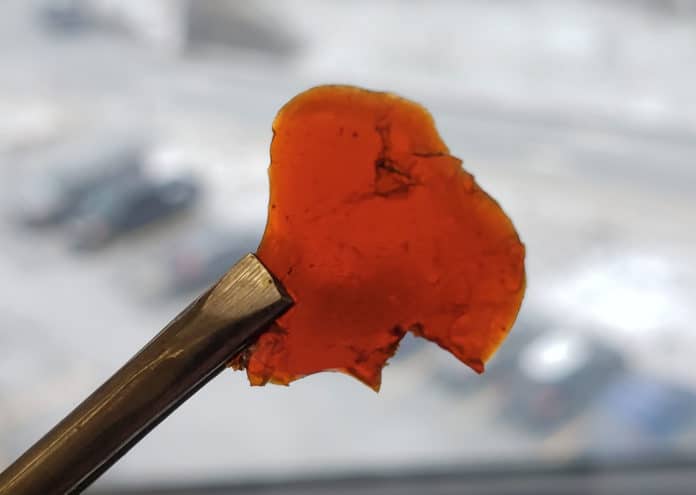Researchers say fish heads, bones, skin, and guts heading to the landfill can be turned into useful material that could replace crude oil-derived polyurethanes, found nearly everywhere – in shoes, clothes, refrigerators, and construction materials. Polyurethane is a type of plastic typically made from non-renewable crude oil, toxic to synthesize, and takes centuries to break down when discarded.
A research team led by Prof. Francesca Kerton, a chemistry professor at the Memorial University of Newfoundland in Canada, has created a biodegradable material similar to Polyurethane using fish waste that would otherwise likely be discarded. If successfully derived, the fish-oil-based Polyurethane could help meet the immense need for more sustainable plastics.
The team started out with oil extracted from the remains of Atlantic salmon after the fish were prepared for sale to consumers. First, they add oxygen to the unsaturated oil in a controlled way to form epoxides, molecules similar to those in epoxy resin. After reacting these epoxides with carbon dioxide, they link the resulting molecules together with nitrogen-containing amines to form the new material.
The team notes that the new, environmentally friendly Polyurethane does not smell like fish. The team has also examined how readily the new material would likely break down once its useful life is over. They soaked pieces of new biodegradable plastic in the water, and to speed up the degradation for some pieces, they added lipase, an enzyme capable of breaking down fats like those in the fish oil. Even when soaked in plain water, the plastic still quickly began showing signs of microbial growth on all of the samples, which should lead to degradation.
Some early tests suggest that the readily available, naturally occurring amino acids like histidine and asparagine could fill in for the amine they used previously that was derived from cashew nutshells. “I find it interesting how we can make something useful, something that could even change the way plastics are made, from the garbage that people just throw out,” says Mikhailey Wheeler, a graduate student who is working with Kerton.
The researchers will present their results at the spring meeting of the American Chemical Society (ACS).
